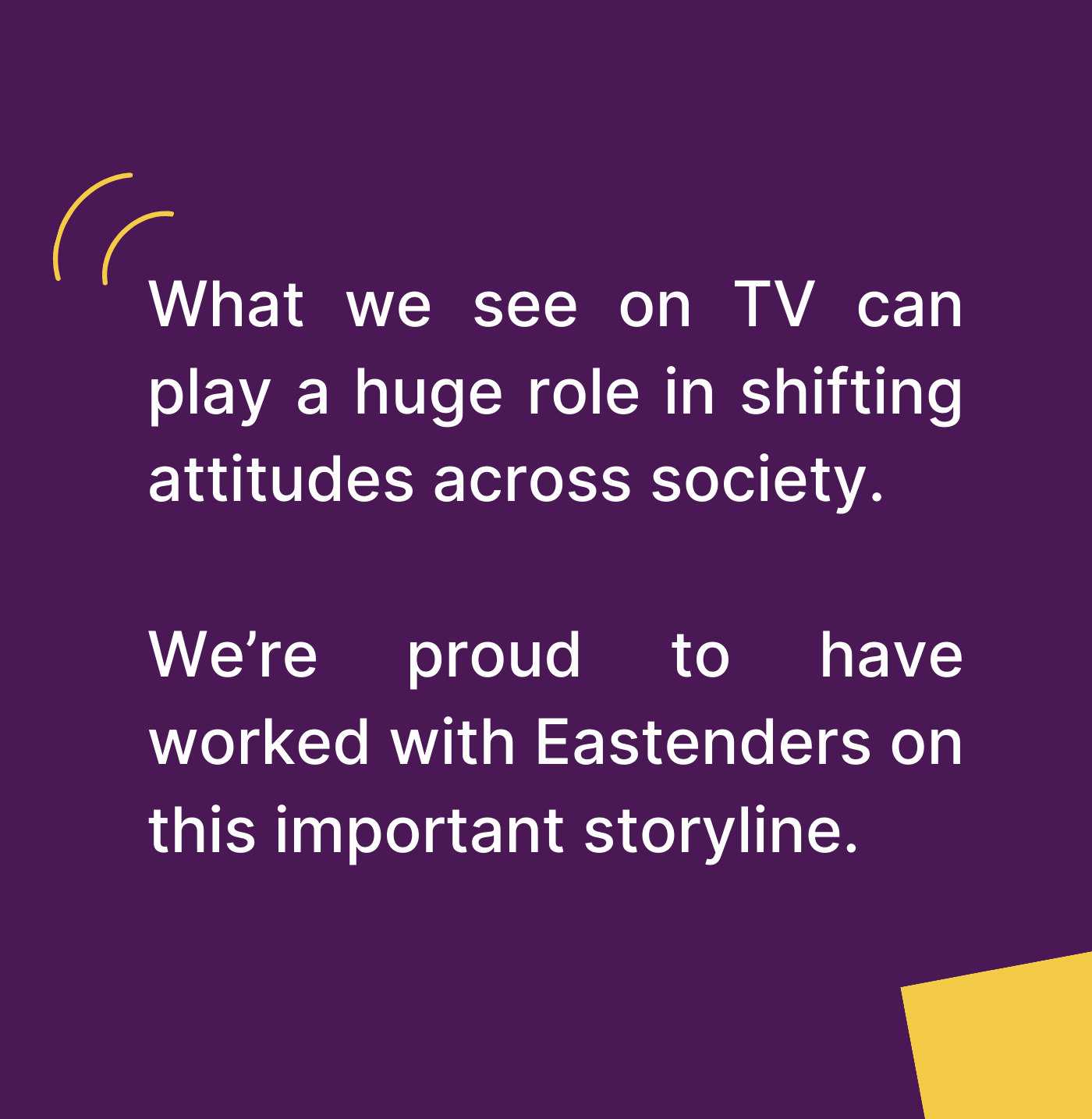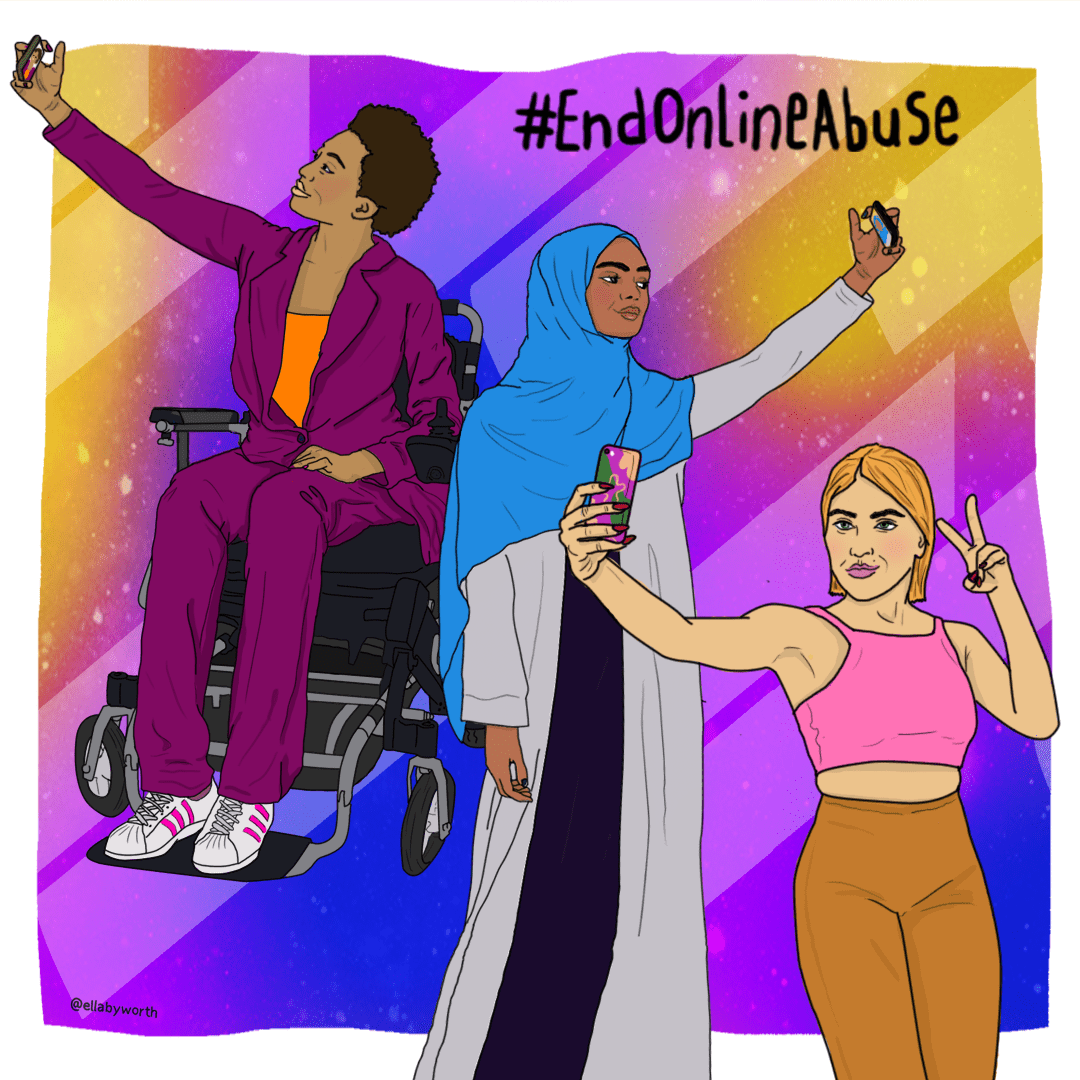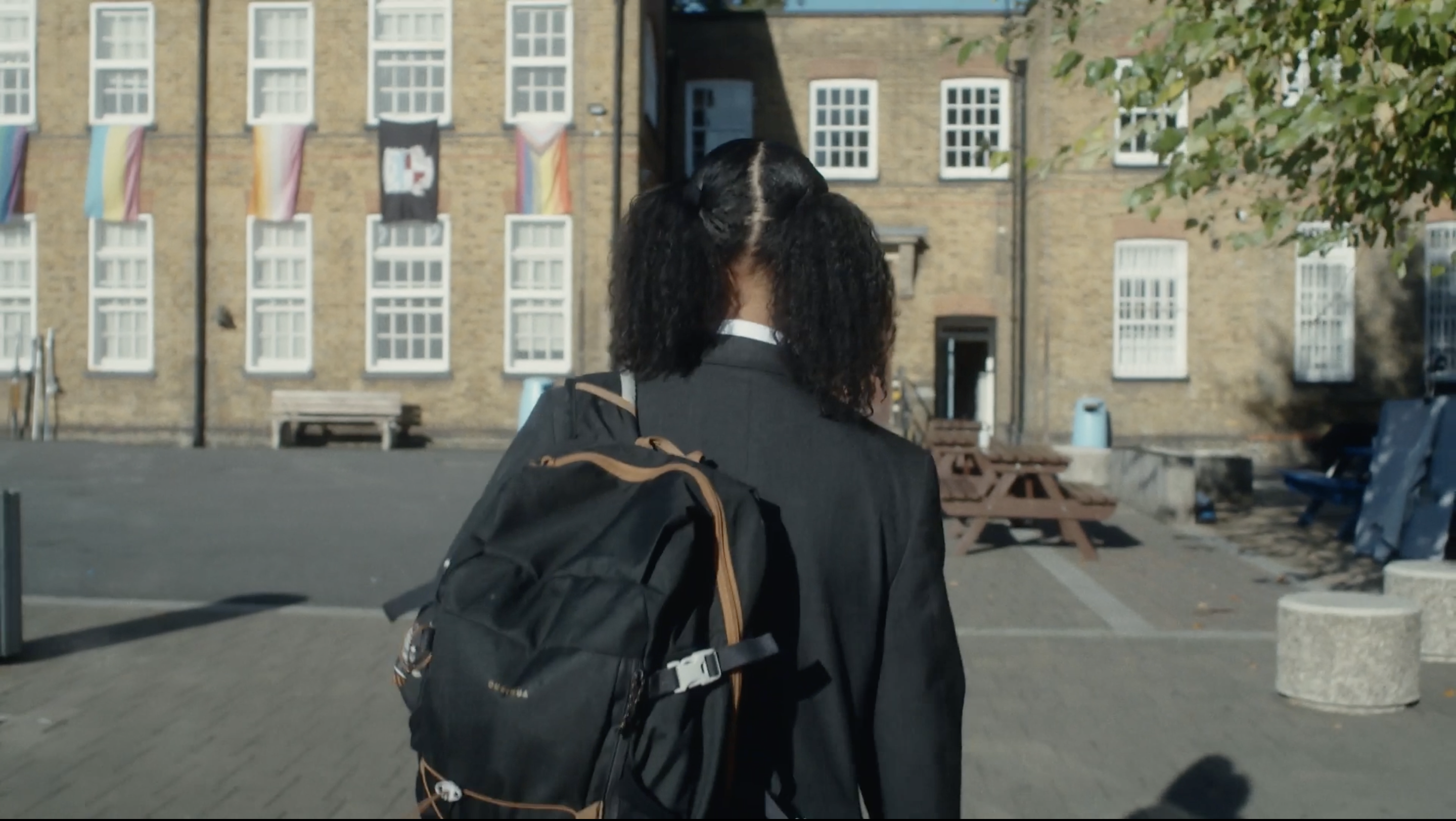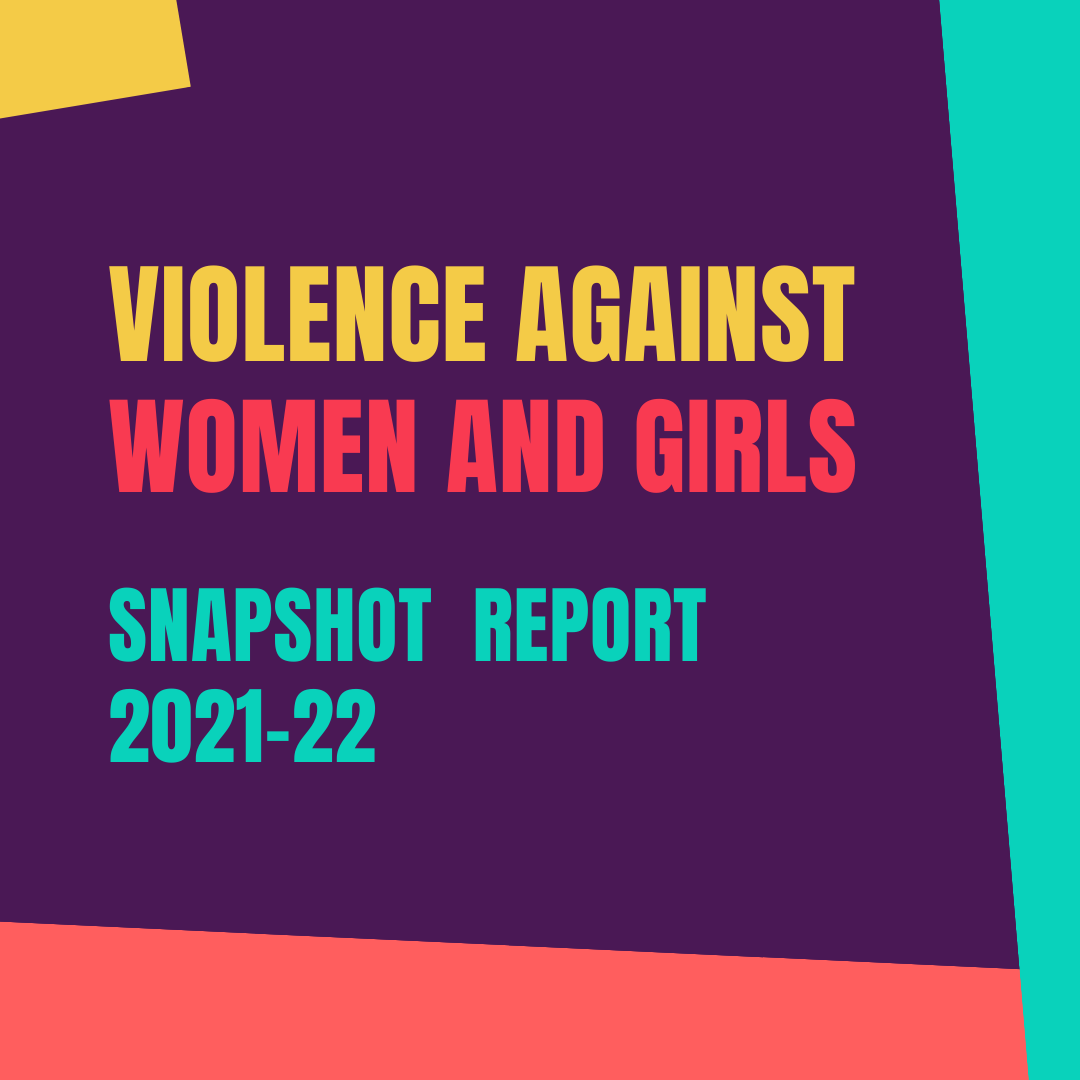 17 Apr
17 Apr
DOWNLOAD the VAWG snapshot report 2021-22 |
DOWNLOAD the report in large print |
DOWNLOAD the easy read version |
WATCH the British Sign Language version |
The End Violence Against Women Coalition (EVAW) has today (3rd March 2022) released its latest snapshot report for 2021-22, setting out the state of violence against women and girls (VAWG) in the UK.
This summary report, published annually by EVAW, is an essential resource that compiles relevant key statistics and policy developments relating to violence against women and girls and its prevalence, and makes recommendations on what is required to eradicate it.
2021 was the year that sparked a national conversation about violence against women and girls following the murders of Sarah Everard, Bibaa Henry, Nicole Smallman, Sabina Nessa and many others whose names may not have made the headlines.
With political and media attention focused on VAWG like never before, the government committed to action, refreshing its VAWG strategy and announcing millions of pounds in funding for initiatives to keep women safe. This included significant funding for street lighting and CCTV, as well as increased police presence in communities.
However, ending VAWG requires a different approach. It requires significant investment in prevention, addressing harmful attitudes and addressing perpetrator behaviour. It needs major financial support for the specialist VAWG sector, including organisations led ‘by and for’ Black and minoritised women. It needs measures that go beyond the traditional ideas of ‘public space’ to tackle VAWG that takes place online. And it requires fundamental transformation of the criminal justice system if it is have any hope of delivering justice for all victims and survivors who come forward to report.
Fundamentally, an approach to ending VAWG that focuses on ‘safety’ can never be as successful as a comprehensive, rights-based approach for all women.
The government has latterly taken positive steps towards preventing VAWG, including launching a new public campaign to tackle the attitudes and behaviours that perpetuate and normalise this abuse. In addition, VAWG has been made a strategic policing requirement, meaning it should receive the same attention as terrorism and child sexual abuse.
Yet despite these public commitments and funding provided to tackle VAWG, the government has simultaneously followed a contradictory trajectory; introducing legislation that will erode the rights that protect women and survivors from VAWG and remove our ability to challenge state failures to safeguard women.
The Police, Crime, Sentencing and Courts Bill, the Nationality and Borders Bill, the Judicial Review Bill and the Human Rights Act Review collectively contain some of the most regressive measures of our generation and will exacerbate the inequalities that prevent marginalised women from seeking protection and support. We echo widespread concerns about the impact of these proposals on the lives of Black, minoritised, migrant and marginalised victims and survivors of abuse.
Andrea Simon, Director of the End Violence Against Women Coalition (EVAW), said:
“For a moment last year, it felt as if government was listening and that there was finally an opportunity for meaningful action to end and prevent violence against women and girls – something our movement has been working towards for generations.
Instead, we have seen a series of superficial and short-sighted measures narrowly focused on keeping women safe on the streets, when we know there is a real need to tackle the attitudes that drive men’s violence against women. These measures have been rolled out alongside the erosion of women’s rights via the Policing Bill, the Nationality and Borders Bill, planned changes to the Human Rights Act, and other harmful pieces of policy and legislation that will further entrench inequality and leave women with little recourse to justice.
The data paints a bleak picture, but we know that violence against women and girls is not inevitable. With courage and bold leadership from those in positions of power, we can end it. What we need to see now is properly funded transformational prevention work – this means comprehensive relationships and sex education in schools, an online safety law that protects women and girls from abuse, and multi-year public campaigns to shift the attitudes that trivialise and normalise this abuse. We also call on government to match its rhetoric on ending VAWG with actions that support all women’s rights – including migrant women, and Black and minoritised women.”
BRITISH SIGN LANGUAGE
Recommended ARTICLES
 17 Apr
17 Apr
 16 Apr
16 Apr
 12 Apr
12 Apr

